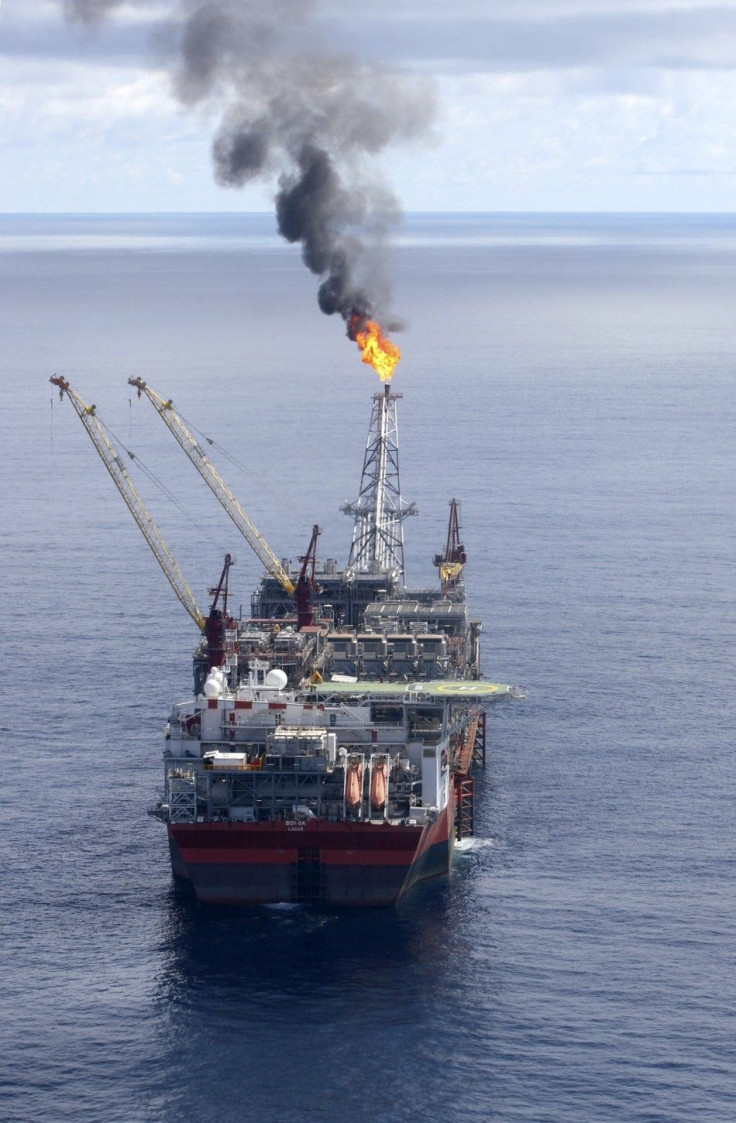Poverty-Stricken Mozambique Lays Down The Law On Italian Oil Giant Eni

Score one for the poverty-stricken East African country of Mozambique, which is getting its due -- and then some -- after the Italian energy corporation Eni (BIT:ENI), one of the world's oil and gas majors, almost made away with $400 million in unpaid taxes.
Mozambique is in the middle of a natural gas boom, which kicked off in 2011 and 2012. By the end of last year, Eni -- the primary player in the country's exploration bonanza -- claimed it had found 68 trillion cubic feet of gas in its exploration concession, an offshore field in the Rovuma basin. Eni, Italy's biggest industrial company by market capitalization. estimated that its then-70 percent shareholding in the concession would be worth $15 billion. This news has already spurred a construction boom in Mozambique's capital city of Maputo, and the investors are likely to keep rolling in; the country could have as much as 250 trillion cubic feet of natural gas waiting beneath the surface.
The taxation controversy began earlier this year, when the state-owned China National Petroleum Corporation, or CNPC, decided it wanted a cut of the action and agreed to purchase a 20 percent stake in the Rovuma concession for $4.2 billion. That would normally compel Eni to pay capital gains taxes on the money it made from that deal, but those monies never came.
The deal came under suspicion as early as March -- just a few days after it was finalized -- when the journal Africa Energy Intelligence charged that Eni CEO Paolo Scaroni had "found a way to avoid paying any capital gains tax to the Mozambique government" by selling its stake to China via a subsidiary, Eni East Africa, in order to "enable Eni to skirt around paying tax while putting the full $4.2 billion [sale price] on its books."
This week, Scaroni and Mozambican President Armando Guebuza met in person to settle the matter. They decided that Eni would not only pay the $400 million it owed the government; it would also back the construction of a 75-megawatt power plant in the northern province of Cabo Delgado. That's no small thing in a country where less than one-quarter of the population has access to electricity.
Whether this whole snafu gets chalked up to underhanded dealings or an innocent accounting error, it should not be assumed that Eni is entirely to blame. The government of Mozambique has been overly eager to spur foreign investment since it emerged from a devastating 16-year civil war in 1992. Its policies have been somewhat successful; a recent report from the African Development Bank found that Mozambique boasts one of the fastest-growing economies on an already-booming continent, with 8.3 percent real GDP growth predicted for 2013/14.
But too much of a good thing can set bad precedents; the government has been accused of bending over backwards to offer favorable tax rates to foreign companies, Eni among them. Attracting investors is one thing; promoting broad-based growth is quite another. As it stands, most of Mozambique's population lives on less than $1 a day. Infrastructure is lacking and food insecurity is chronic, leaving the country's 24 million people vulnerable to floods, droughts and illness.
The Eni agreement is an encouraging sign that Mozambique will practice diligence in holding foreign investors to account, ensuring that the country's natural gas explosion will benefit the broader population.
© Copyright IBTimes 2024. All rights reserved.











